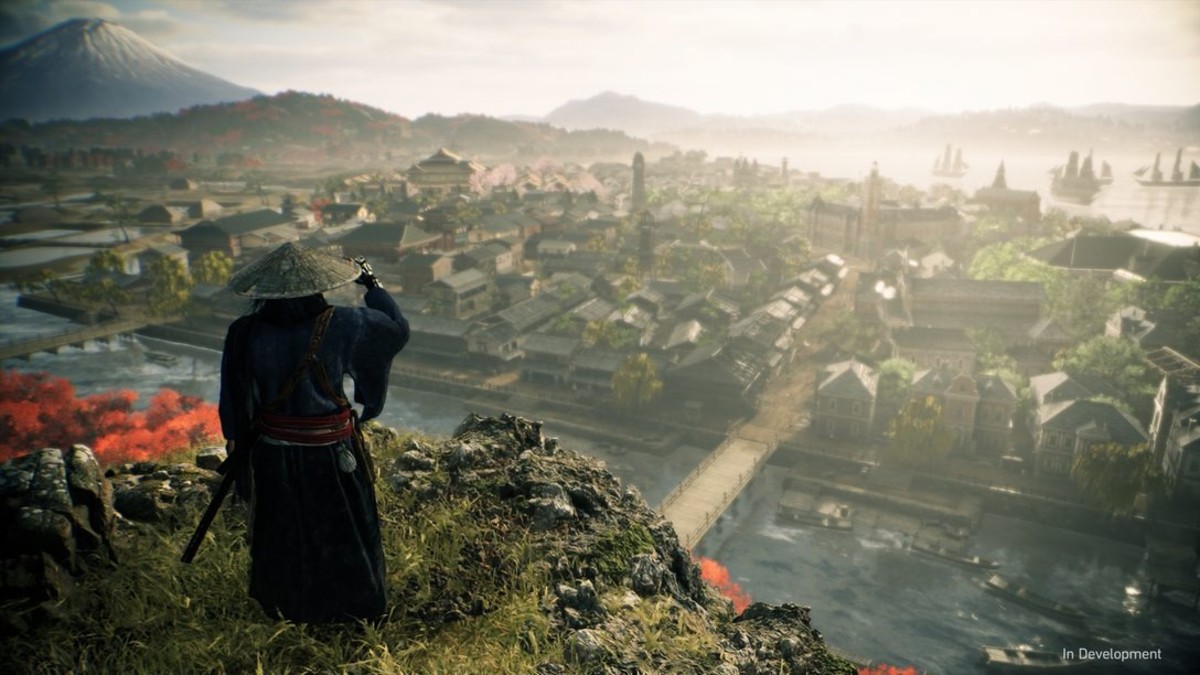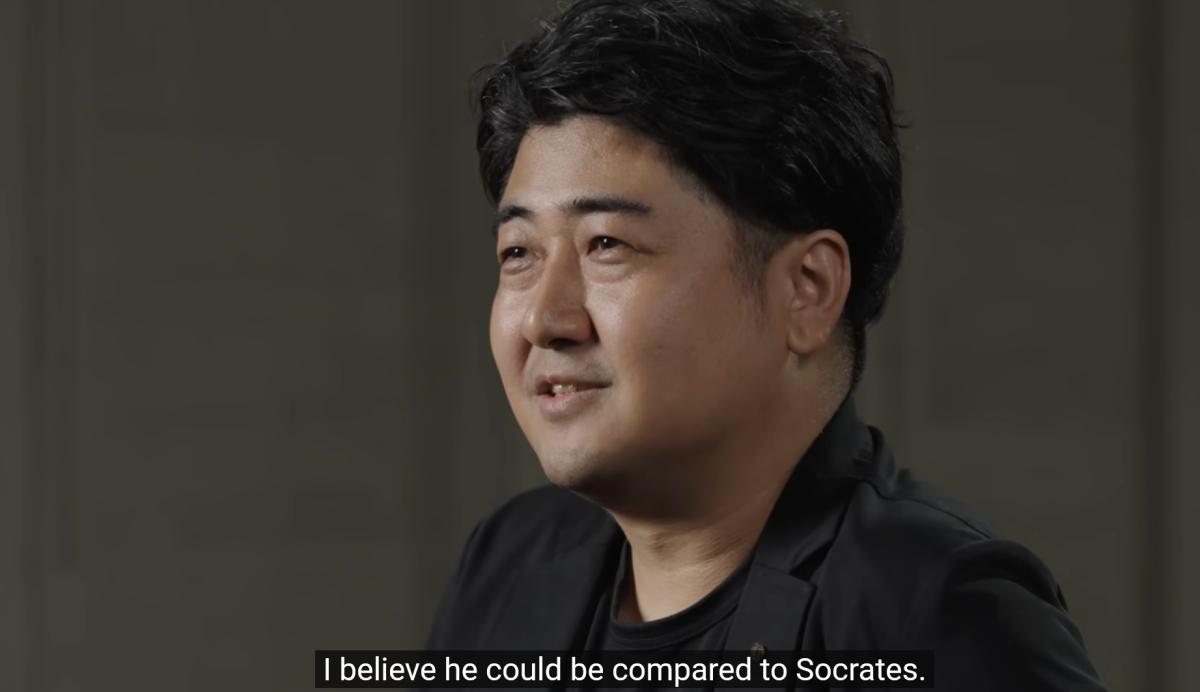Rise of the Ronin release canceled in South Korea after controversial dev comment

It looks like Rise of the Ronin, the PS5-exclusive RPG developed by Team Ninja that’s scheduled to launch on March 22, 2024, won’t be available in South Korea after online backlash over a comment made by game director Fumihiko Yasuda. In a behind the scenes video on the title’s development, the developer compared Japanese scholar Yoshida Shoin to ancient Greek philosopher Socrates and said that he wanted to capture his teachings in the game (via Daum.net).
Yoshida Shoin lived from 1830 to 1859 and was an intellectual whose ideas contributed much to the Meiji Restoration at the end of the Edo period with many of his students ending up as leaders in Japan’s new government – a government, which quickly acted on imperialist foreign policies such as the occupation and annexation of Korea. Many of his ideas are still present in modern right-wing political thinking in the country.

There is still a lot of animosity between South Korea and Japan due to the latter’s history of aggressive and oftentimes exceedingly brutal imperialism in the region, despite both nations being geopolitically aligned nowadays. However, Japan’s unwillingness to face its history in any critical manner and make meaningful amends (in contrast to Germany), have been a lasting cause of pain for its former victims.
Consequently, comparing Yoshida Shoin, who advocated for the annexation of Korea to secure Japan’s borders, to Socrates did not go down well with many Koreans, who took to online boards to criticize Team Ninja and move fellow gamers to boycott the game.
According to Daum, Sony canceled both the physical and digital release of Rise of the Ronin in the country after the massive backlash, although it did not provide an official reasoning for the move.

Rise of the Ronin is set during the Boshin War, a Japanese civil war that brought about the end of the Tokugawa Shogunate and resulted in the Meiji Restoration, so it’s a period during which many of Yoshida Shoin’s ideas and teachings influenced powerful figures on the imperial side. As such, Fumihiko Yasuda’s comment about including them in the game makes sense – you can’t portray a historical period and leave out important context from that time.
However, his comparison can definitely be described as tactless and ignorant given the knowledge we have today of where these ideas ultimately led. A more neutral approach to presenting the need of including that historical context from the developer's side may have avoided this unfortunate situation.
